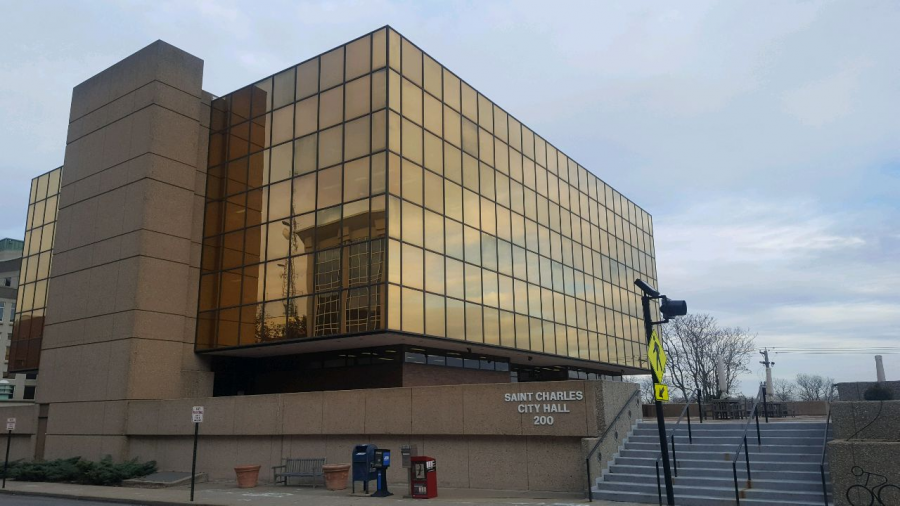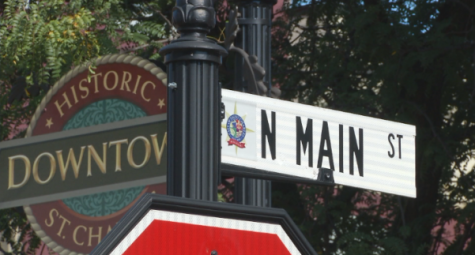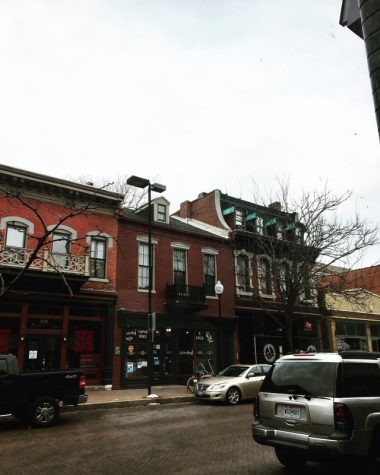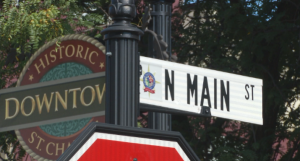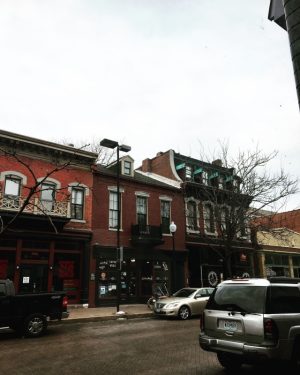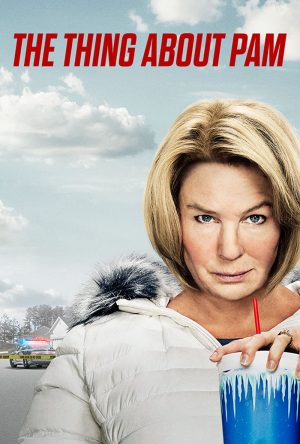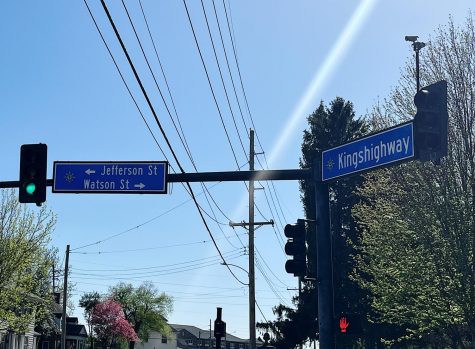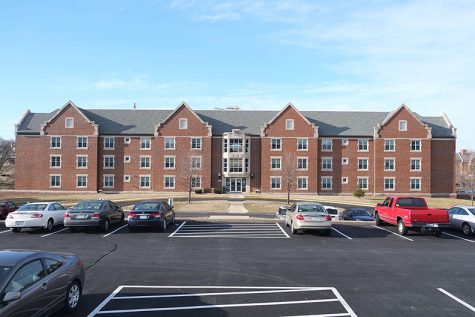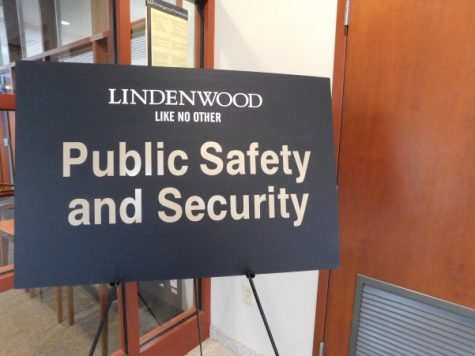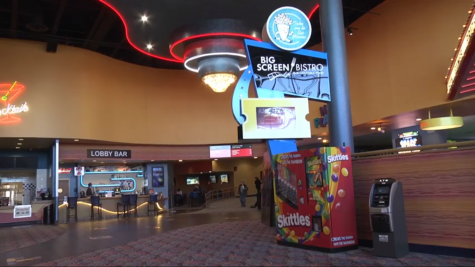City Council to vote on reversing Main Street alcohol regulation
Photo by Matt Hampton
The St. Charles City Hall.
November 18, 2019
The St. Charles City Council is set to vote Tuesday on repealing part of a controversial liquor law that placed a minimum food sales requirement on North Main Street restaurants.
A law that took effect at the beginning of 2019 requires restaurants on North Main to earn at least 50% of their revenue from food, not alcohol. The new proposal, bill 12973, would eliminate this requirement.
The existing law was passed with the justification of increasing safety on Main, but opponents say it placed burdensome and unfair restrictions on businesses.
North Main contains more than a dozen bars and restaurants in three blocks, and is a popular drinking spot for Lindenwood students.
A brawl, which left two hospitalized, broke out after a wedding party on Main in 2017. Police presence was increased in the area in 2018 to crack down on alcohol-related crime.
Penny Pitman, who renovates and leases historic buildings on Main, told Lindenlink last August when the law was being debated, that the street was plagued with drunken disorder.
“One tenant had two break-ins in one summer, including walking in to find a guy bleeding on a couch who had passed out inside the store,” she said.
An email obtained by Lindenlink via a business owner who wants to remain anonymous, urges merchants to tell the City Council to delay repealing the law.
“The current licensing ord. [sic] certainly seems to have put an end to the many complaints and worries we heard previously,” it says. “We no longer receive concerned visits and calls from our employees and their parents about the safety of Main Street.”
But Mayor Dan Borgmeyer, who made the new bill, said the problems on Main had “absolutely nothing to do with” the food sales requirement. Establishments which caused problems met the 50% requirement, he said, and other St. Charles bars which are not required to sell any food do not cause problems.
Borgmeyer said crime has decreased because of better lighting and police enforcement, not because of the law.
“I am trying to revitalize main street, and there are […] businesses who will not come here because of our heavy-handed actions down on Main Street,” the mayor said. “They are afraid they will invest a million or two in a building, and the next thing you know, they get some kind of a new ordinance because somebody gets a wild hair and decides they want to pass a new ordinance.”
Tony Bethmann, owner of Tony’s on Main, said he will be at the City Council meeting to support the changes.
If the current law stays in place, he said three to six restaurants may have to close next year because they do not meet the food sales quota. A few other establishments, which allowed illegal behavior, have closed, but Bethmann said these bars will be shut down just because they didn’t sell enough food and are in the wrong part of town.
“Why don’t we not have any special rules for North Main, and have one set of rules for the entire City of St. Charles, and when you do something wrong, we’ll put you on a list,” Bethmann said. “Why are we on a list because of our address?”
Borgmeyer also said it costs the city $7,000 to audit each establishment, a total cost to taxpayers of $105,000 per year.
Besides the food sales requirement, which only applies to North Main, the current law created a points system for liquor licence owners across St. Charles. The system penalizes businesses for 29 infractions such as serving minors or letting guests leave with open drinks.
Bill 12973 would change the points system to make it less punitive for bar owners, Borgmeyer said.
The bill will also create an Appeal Board for businesses penalized with liquor law violations. Under the current law, businesses appeal points to the same commission which issues them.
The bill is sponsored by City Council members Mary Ann Ohms and Mary West. Of the other seven members, one voted against the current law, three voted for it, and three were not yet in office when it passed 7-3 last year.
Another seat is vacant because a council member died last month.
The bill requires 6 votes to pass. Borgmeyer said he thinks it has a good shot.
“If they vote against it, then they vote against it, and it will, in my opinion, severely damage my ability to keep Main Street rejuvenated,” he said.
UPDATE Nov. 20 at 4:22 p.m.: The vote was pushed back to Dec. 17 at the meeting. Ohms proposed to table the bill. The council members all agreed on this move, and will re-evaluate next month.



